 |
 |
 |
 |
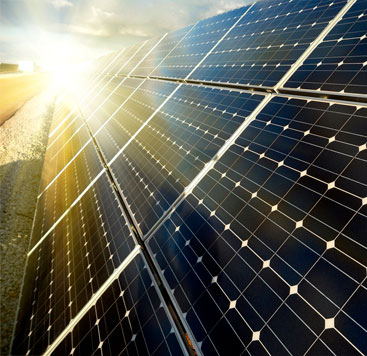 |
 |
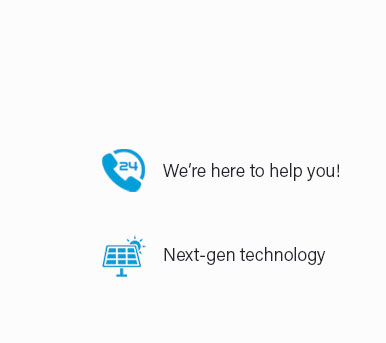 |
 |
 |
 |
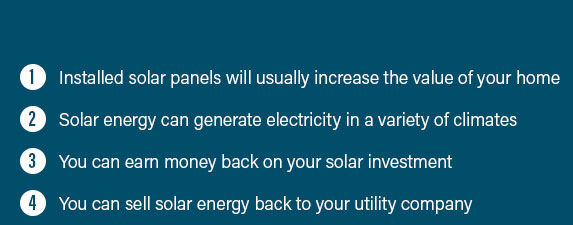 |
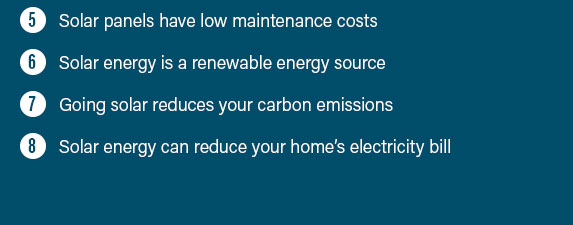 |
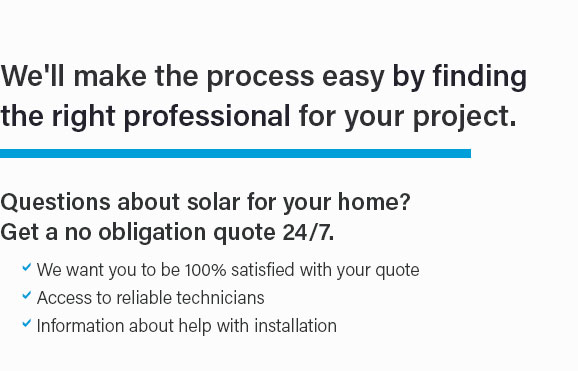 |
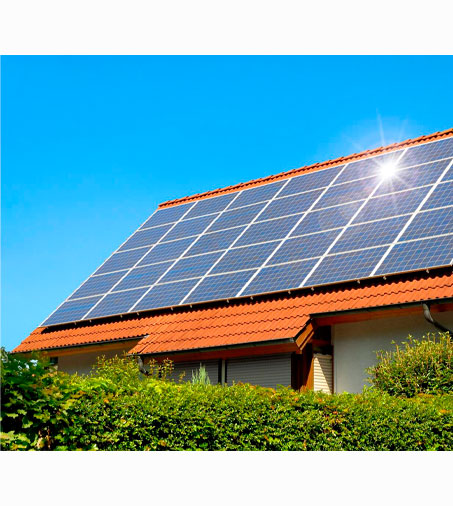 |
|
 |
 |
 |
Solar Panel Domestic Installation: A Comprehensive GuideIn recent years, the trend of installing solar panels in residential settings has gained significant momentum. This shift towards renewable energy sources is not merely a reflection of environmental consciousness but also a strategic financial decision for many homeowners. Embracing solar technology is akin to planting a tree whose shade you will enjoy for years to come. However, before you embark on this electrifying journey, there are several aspects that warrant careful consideration. This article aims to provide you with a thorough understanding of what solar panel domestic installation entails and how you can make the most informed decision possible. Firstly, assessing the suitability of your property is crucial. Not every home is an ideal candidate for solar panels, and the factors influencing this decision are diverse. Consider the orientation and tilt of your roof; south-facing roofs with a 15 to 40-degree angle are generally most efficient. Additionally, obstructions such as chimneys, trees, or neighboring buildings may cast shadows that significantly reduce solar efficiency. Moreover, it’s important to evaluate the condition of your roof; installing solar panels on a roof that requires repair or replacement within a few years is economically unwise. Secondly, one must consider the financial implications. The initial investment in solar panels can be substantial, but the potential savings on electricity bills are noteworthy. Governments and local authorities often provide incentives and tax credits to ease the financial burden, and understanding these schemes can be beneficial. Furthermore, the long-term benefits of increasing your home's value and the possibility of achieving energy independence make this investment even more attractive. A detailed cost-benefit analysis will illuminate the path to a sound financial decision. Choosing the right installation company is another pivotal factor. Research and compare multiple installers, checking their credentials, customer reviews, and warranties offered. A reputable company should provide a comprehensive service, including a site assessment, detailed proposal, and post-installation support. A well-executed installation will ensure optimal performance and longevity of your solar system. Understanding the technology is equally important. Solar panels come in various types, including monocrystalline, polycrystalline, and thin-film. Each has its advantages and limitations regarding efficiency, durability, and cost. Engaging with experts and conducting thorough research will enable you to make a choice that aligns with your energy needs and budget constraints. Finally, consider the environmental impact. While the primary motivation for many is the reduction in electricity bills, the environmental benefits of reducing your carbon footprint are significant. By harnessing the power of the sun, you contribute to a sustainable future, setting an example for your community. In conclusion, solar panel domestic installation is a multifaceted endeavor that requires careful planning and consideration. By evaluating your property’s suitability, understanding the financial and technological aspects, and selecting a reputable installer, you can successfully transition to solar energy. This not only ensures a return on your investment but also contributes positively to the environment, paving the way for a brighter, more sustainable future. https://unboundsolar.com/blog/step-by-step-diy-solar-installation?srsltid=AfmBOoosTixJS8SaDAYie-WiaQuOuNOwQzdDgduYbASiII15iBL7-7LI
The NEC (National Electric Code) requires solar wiring to be transitioned to conduit before leaving the array. EMT (electrical metallic tubing) ... https://www.youtube.com/watch?v=XHuk9EHbOKk
Follow along as we walk you through the process of installing solar panels for one of our customers in Marshfield, MA. This installation ... https://www.geogreenpower.com/solar-panels/domestic/
In most instances, you don't need planning permission for home solar PV systems. However, if your property has a flat roof or is a listed building, planning ...
|